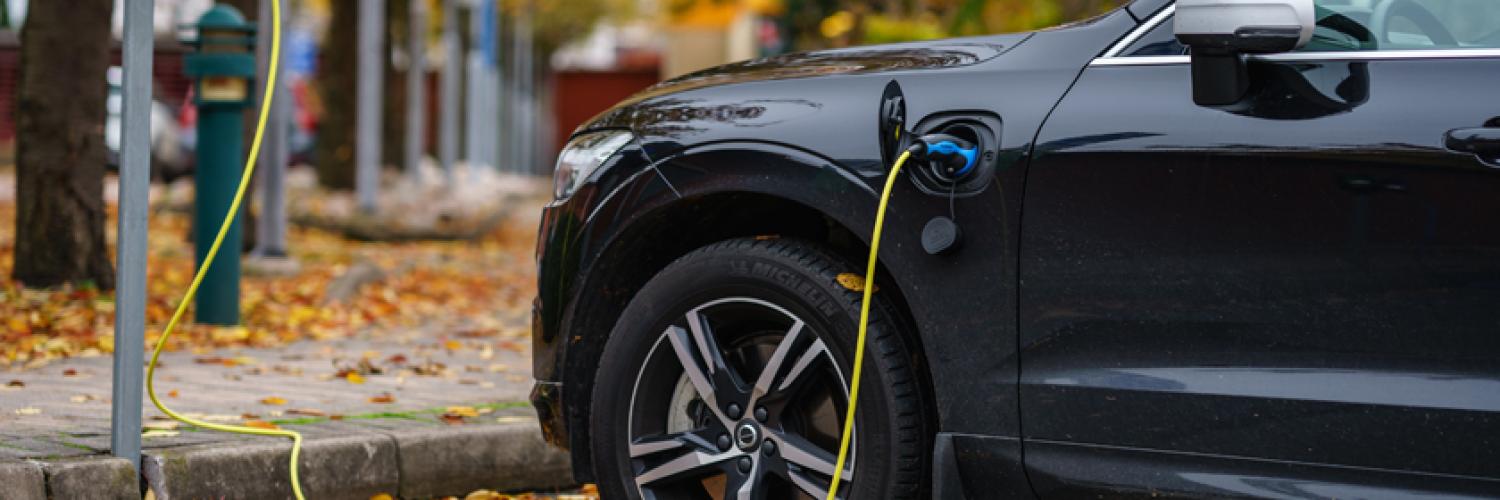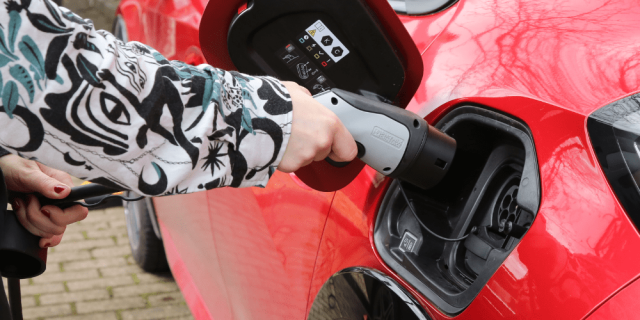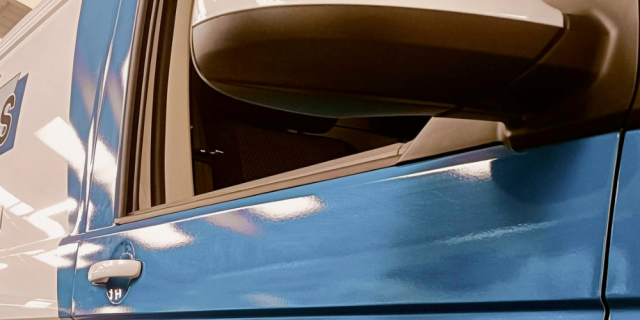More than half of fleets (56%) have cited a lower environmental impact as their main reason for either already having or planning to adopt alternative fuel vehicles, according to new research.
The 2021 edition of the Arval Mobility Observatory Barometer, asked fleets the main reasons for having implemented alternative fuels or for planning to do so in the future. Of the top responses cited, most were keen to lower environmental impact (56%), then reducing fuel expenses (53%), followed by tax incentives (40%) and then the anticipation of future restrictive public policies (40%). Only 29% of employers respondedto fulfil employee requests, the least important reason cited for making the switch.
Shaun Sadlier, Head of Arval Mobility Observatory in the UK, said: “In 2021, the subject that the fleet industry has for some years described as ‘alternative fuels’ is now dominated, almost to the exclusion of other options, by the topic of electrification.
“In that light, this question is largely about the move to battery electric vehicles and the main takeaway from these findings is that this trend is being driven by a wide range of factors. Across all nine possible responses, there was reasonable support for every option.
“We believe that this is an accurate reflection of the motives of fleets at this point in time. They are planning to move rapidly towards electrification because of the environment, low taxation, competitive whole life costs, corporate image and operational considerations, and all of these reasons are sound.
“This is why fleet adoption of BEVs is now happening very, very quickly. The number of factors that strongly supports their use as company cars and vans is resulting in considerable momentum.”
These findings are taken from the 2021 edition of the Arval Mobility Observatory Barometer, research which covers fleets and asks a wide ranging set of questions about fleet and mobility trends.
What are your reasons for having implemented alternative fuel technologies or for planning to do so in the future?
| 56% | Lower environmental impact. |
| 53% | To reduce fuel expenses. |
| 40% | For tax incentives |
| 40% | In anticipation of future restrictive public policies. |
| 38% | Compliance with our CSR policy. |
| 38% | To be able to operate in the Low Emissions Zone. |
| 38% | Improve our company image. |
| 33% | Total cost of ownership is in line with or lower than petrol or diesel alternatives. |
| 29% | To fulfil employee requests. |
To find out more about Arval Mobility Observatory’s and its 2021 research visit arval.co.uk/amo-insight.




